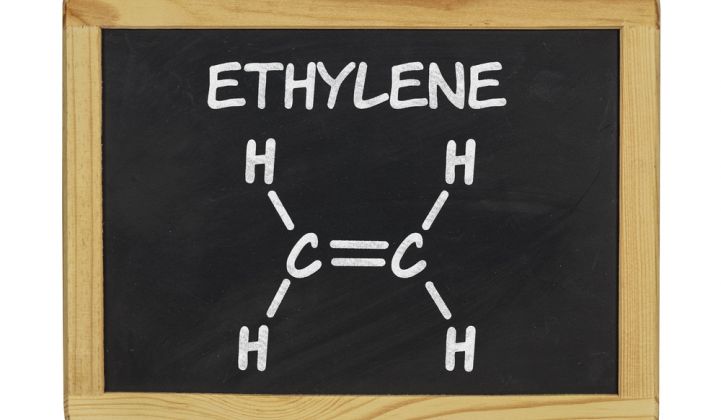Fuel and green chemical startup Siluria just landed $30 million in VC and strategic investment. Siluria is looking to use natural gas as a low-cost feedstock for a variety of other fuels and chemicals that have historically been synthesized from petroleum sources.
To that end, Siluria just raised another $30 million in a round D led by Saudi Aramco Energy Ventures, the venture arm of Saudi Aramco, along with "all of the major existing investors in Siluria," according to a release. That list of investors includes Bright Capital, Vulcan Capital, ARCH Venture Partners, The Wellcome Trust, Alloy Ventures, Kleiner Perkins Caufield and Byers, Lux Capital, Altitude Life Science Ventures and Presidio Ventures, bringing Siluria's VC total to more than $93 million. It's a stellar list of investors.
The U.S. has a newfound abundance of cheap natural gas, which is used extensively for heating and electricity production. Natural gas is arguably greener than petroleum, depending on how it is extracted. It inarguably poses less of a national security risk than foreign oil.
Ethylene is the most widely produced organic compound in the world, according to Chemical and Engineering News, with global production exceeding 107 million tons in 2005. The compound is used to manufacture a broad assortment of plastics and chemicals. But ethylene is currently created via an energy-intensive process based on a petroleum feedstock, which, like most U.S. petroleum, comes from a cartel that likely doesn't have the United States' best interests at heart. Siluria sees its process as providing gas producers and distributors with higher-value markets and consumers with lower prices.
Siluria looks to use a low-temperature catalytic-based process called "oxidative coupling of methane" (OCM), with catalysts identified using high-throughput screening tools and produced with biotech. The startup claims that its process is scalable using commercially available equipment.
I spoke with said Edward Dineen, CEO of Siluria, in April, and he explained that Siluria's processes can be "seamlessly integrated" into existing industry infrastructure. The company believes that OCM has become the "first commercially viable process to directly convert methane to ethylene." Siluria claims that its second process technology "can convert ethylene to liquid fuels such as gasoline, diesel or jet fuel." Those claims will have to be proven out at the firm's 10,000-gallon-per-year demonstration facility in Texas.
The financial and technical gaps between demonstration facilities and pilot production can be immense for a startup. Siluria will require considerably more funding from its VCs -- or the entrance of a more strategic investor (like Saudi Aramco) -- if it is to become a chemicals producer. Considerably less funds would be required if the firm supplies the catalyst and licenses the process. The firm will look to form joint ventures with the bigger players, according to a Siluria spokesman.
Siluria was spun out of another startup called Cambrios Technologies. Much of the company's technology derives from the work conducted by Angela Belcher at MIT, whose team has devised other microbes which can help generate fuel, battery, and semiconductor materials.
According to a Siluria spokesperson, "The company’s ton-a-day demonstration plant in Texas is near completion" and "commercial production is expected in the second half of 2017/early 2018."
The CEO spoke of "building with natural gas" instead of gasoline and "switching raw materials and using a domestic feedstock without a shift" in the downstream infrastructure. Dineen also pointed to the potential for natural-gas bonanzas in China and the Mideast that can use Siluria's process. He also referenced the "140 billion cubic meters per year" of natural gas that are currently being flared and wasted -- almost 20 percent of the U.S. portfolio, according to Dineen.
Dineen told GTM, "I've never seen technology that has such great potential to transform the way we think about natural gas and renewables."



